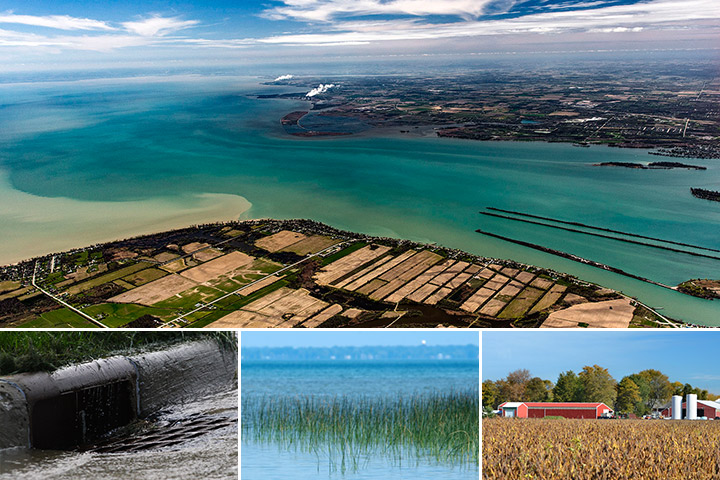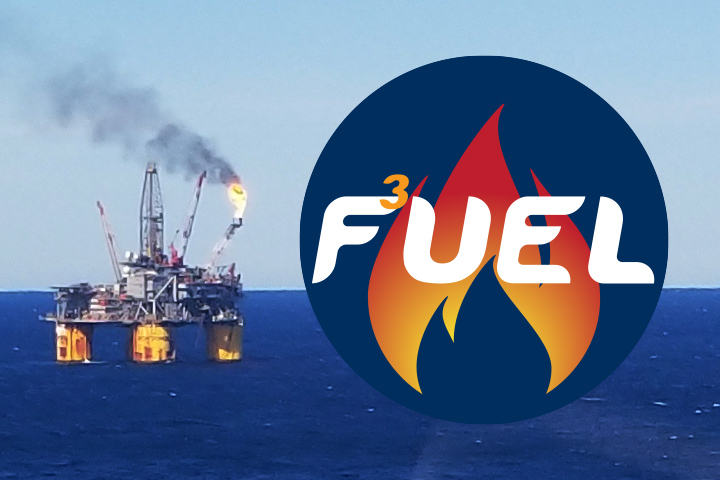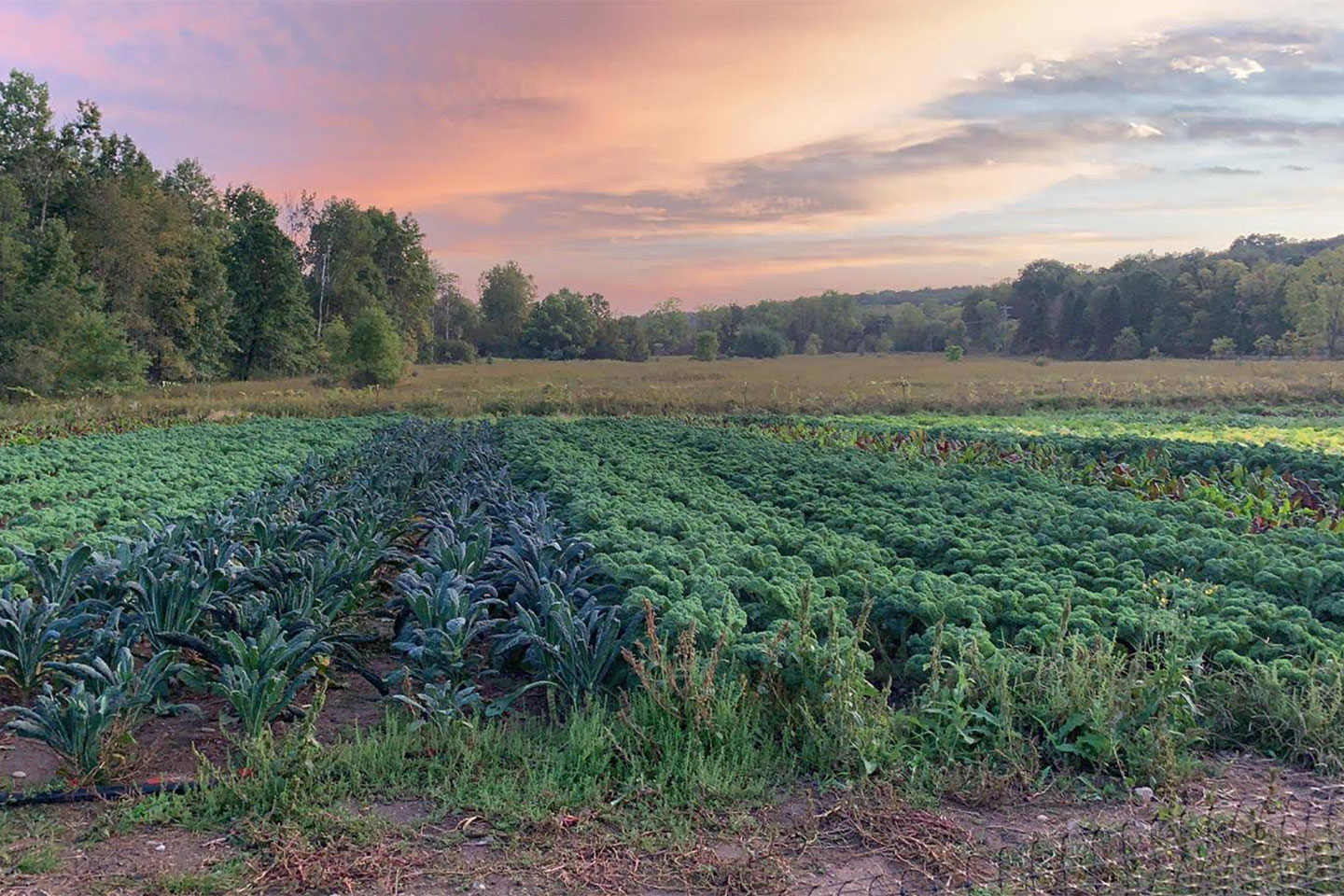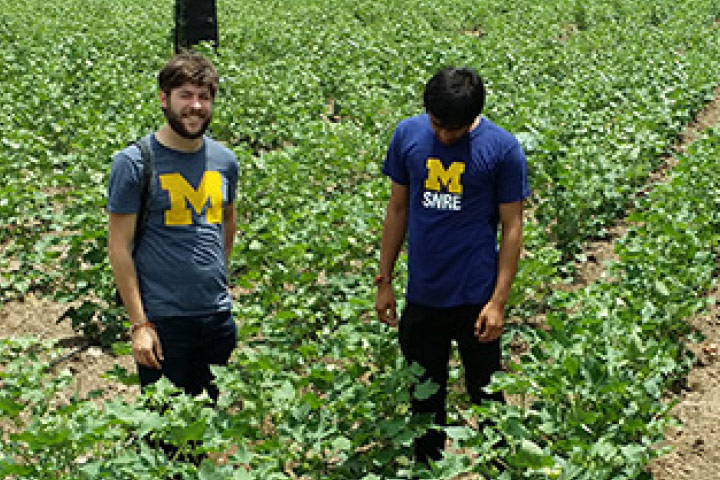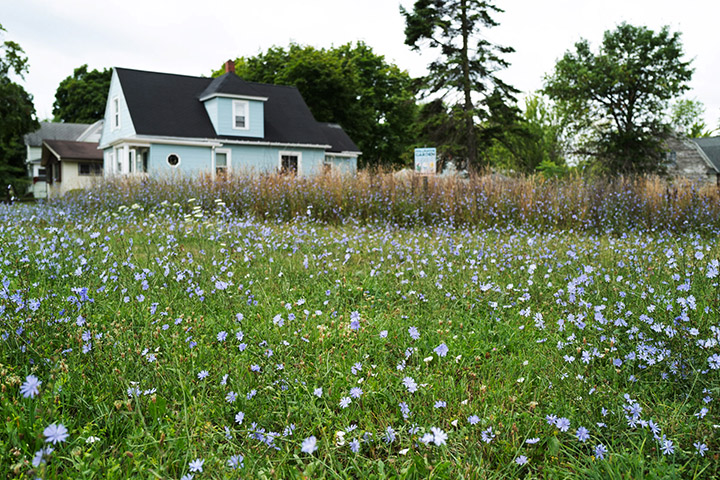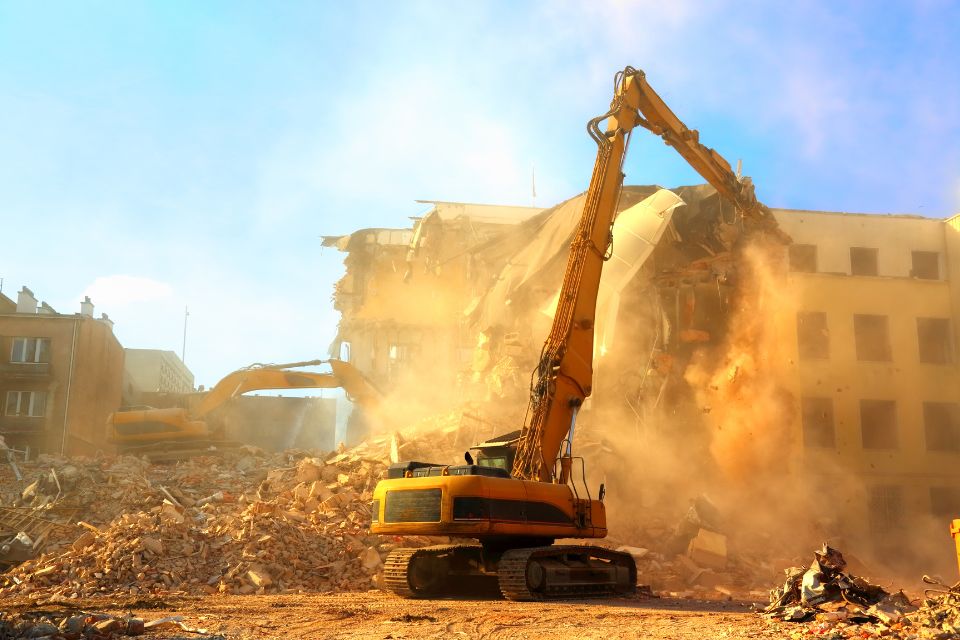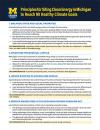In alignment with Graham’s vision, mission, and values, as well as U-M’s three-fold commitment to research, education, and service, our strategic priorities are to enhance collaborative research, develop sustainability leaders, and inform policy and practice. We pursue these priorities in collaboration with, and in support of, a broad range of university and external partners, and they serve as the institute’s levers for fostering a more sustainable future.
Water@Michigan is a gathering table for U-M researchers and communities that have been disproportionately affected by historic inequities to develop just, equitable, and sustainable approaches that address community water priorities.
